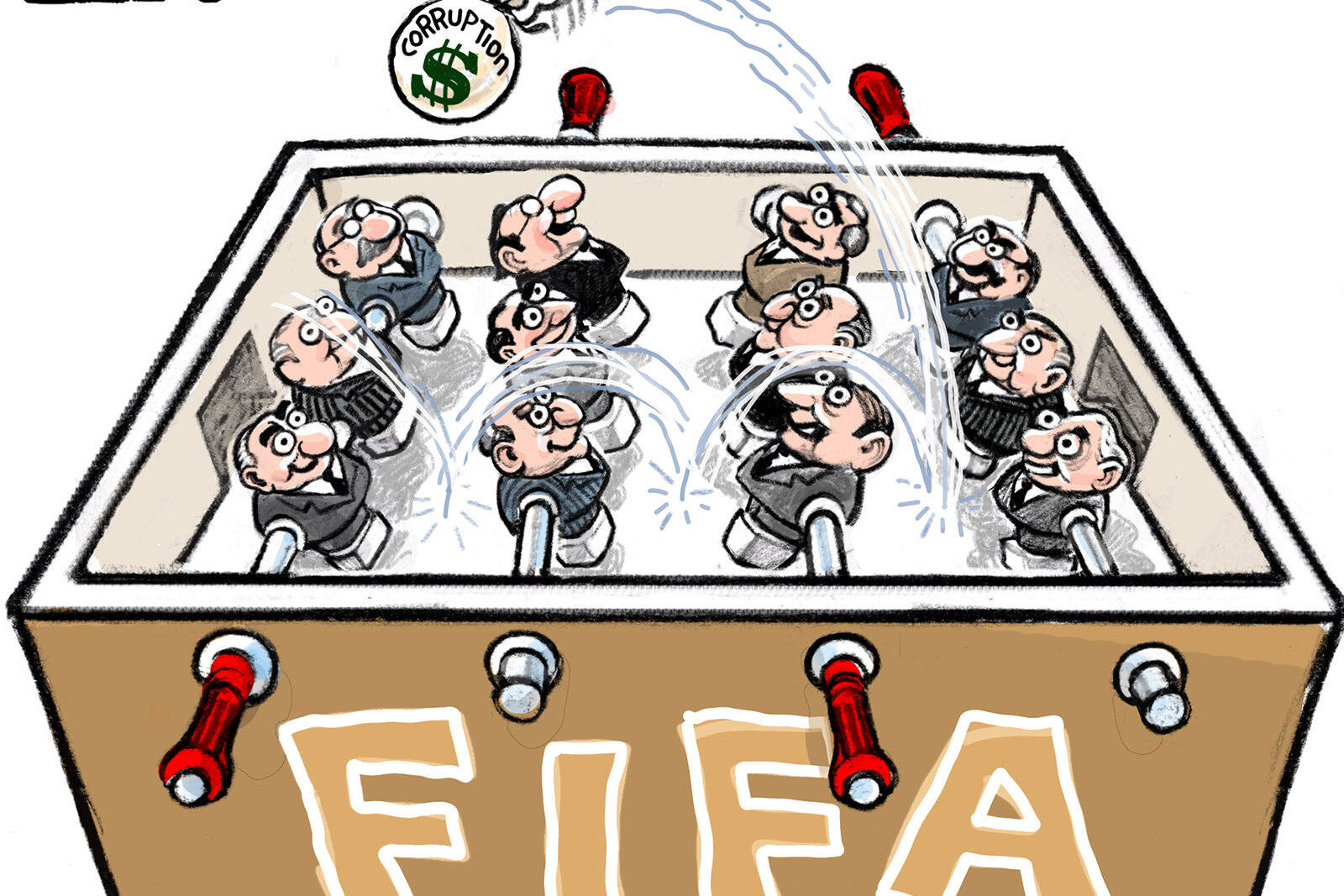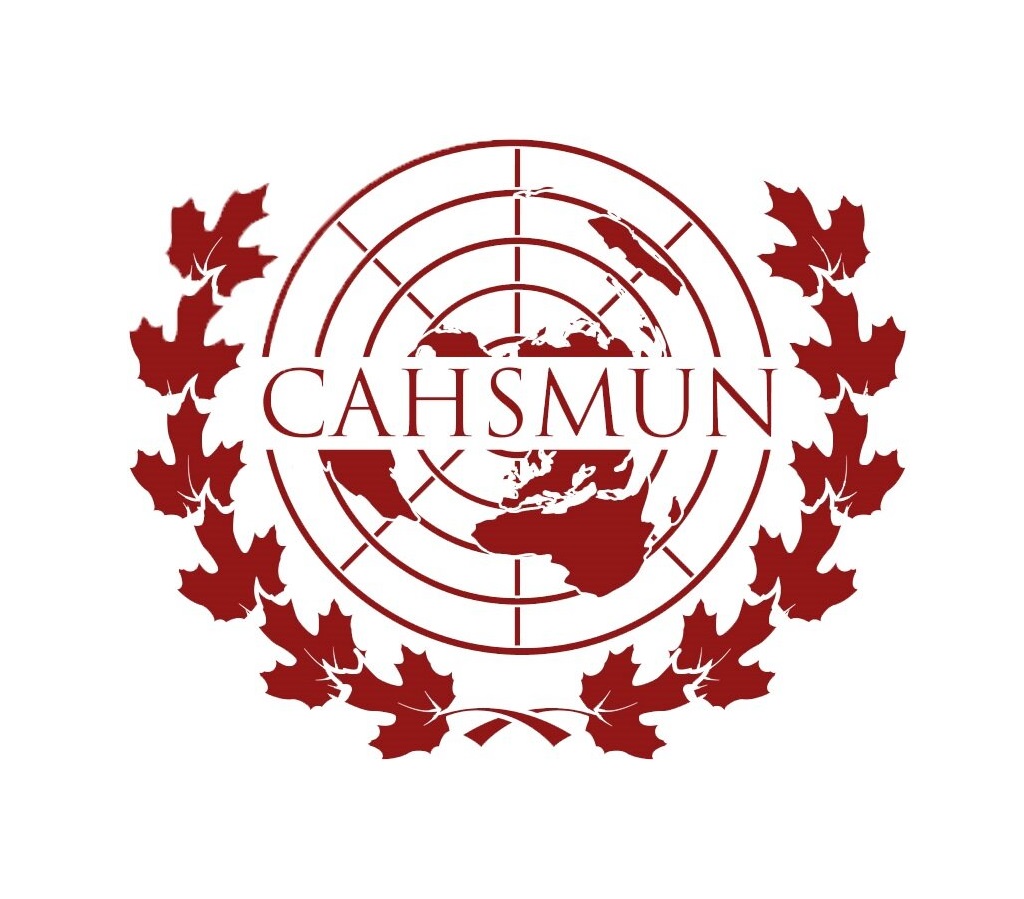
In a seemingly slow committee room on the fourth floor of the North Tower, representatives of the FIFA Board of Governors engage in a reluctant argument, with the dais periodically begging the delegates to speak.
The main contention within the room was the existence of corruption within FIFA and the different means to curb said corruption. Two main blocs were identified within the committee, one spearheaded by the Russian representative of Gazprom, a global energy company based in Russia and one of the largest natural gas producers and exporters in the world. The members of this bloc disagree with the sentiment that corruption is an existing issue within FIFA, and they believe that financial transparency is unnecessary, a breach of privacy, and will lead to negative consequences for the organization. Transparency could lead to a competitive disadvantage and could potentially run the risk of market volatility, as oftentimes public disclosure of financial information can trigger negative sentiment among the public.
Another bloc, led by Datuk Haji Hamidin Bin Haji Mohd Amin, president of the Football Association of Malaysia (FAM), and a member of the FIFA board argued that financial oversight is essential for increased transparency. Additionally, they argued intervention is necessary for curbing corrupt referees and board members. As a solution to corrupt referees, they argued that AI will take the place of human referees to “eliminate human error.”
When confronted with the reality that replacing yet another job with AI will worsen the job crisis that many individuals are unfortunately dealing with today, Datuk Amin stated that “loss of jobs is irrelevant” and that his bloc, called “GOAT” is not worried about the referee jobs. In other words, the loss of jobs will essentially serve as collateral damage in their non-existent fight for a corrupt-free FIFA.
